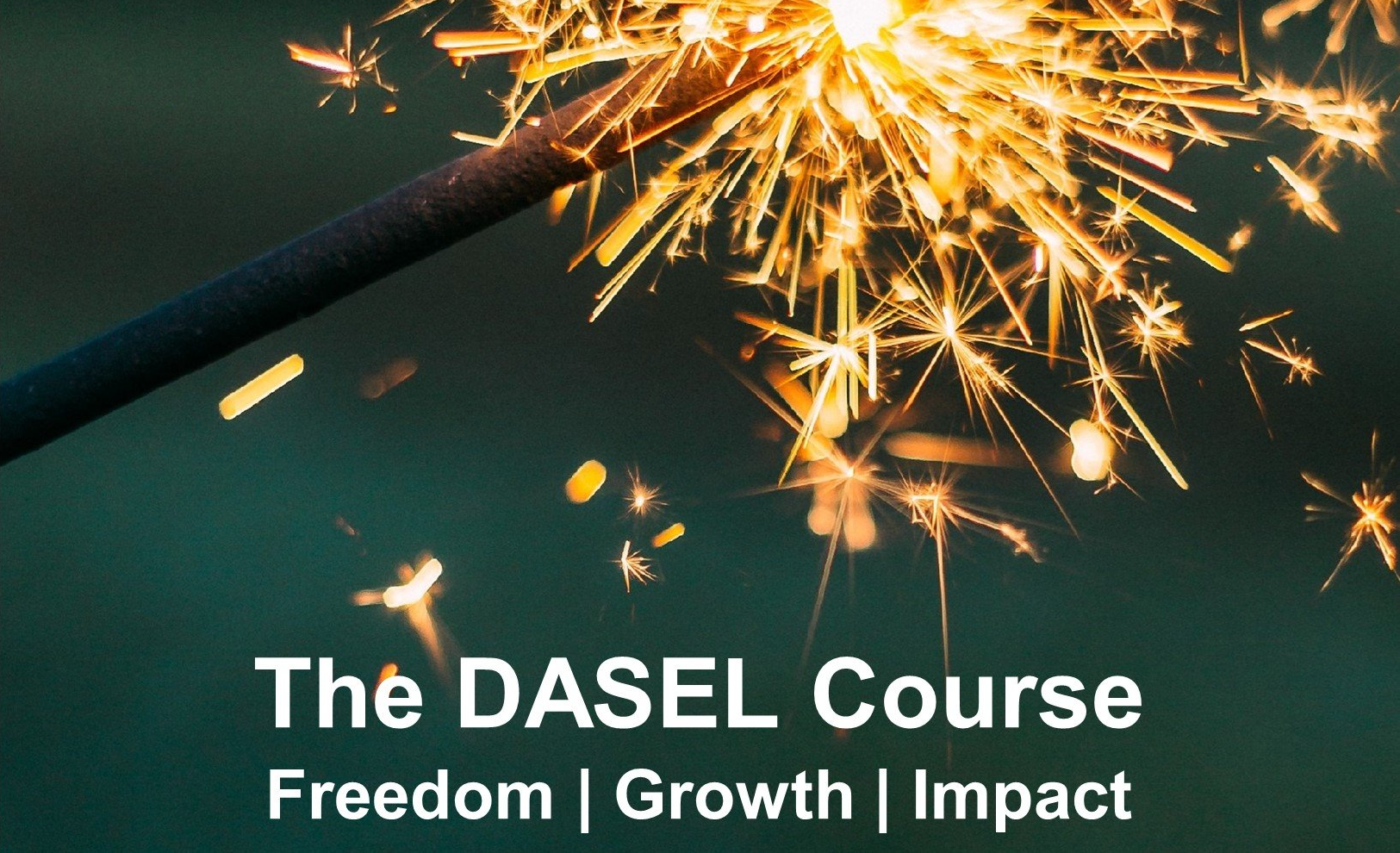Evangelistic lifestyle. Evangelism course.
God wants to invite us into evangelistic moments where we get to join in with what he is already doing in the life of an unbeliever. In doing so, we get a part to play in showing them how good he is. In such moments it is a privilege to do one-on-one evangelism.
In the Bible, we see God invite Peter to share the gospel with the gentiles (Acts 10:9-19), invite Philip to speak to an Ethiopian (Acts 8:26), invite Ananias to visit and pray for Saul (Acts 9:10-16) and invite Paul to preach the gospel in Macedonia (Acts 16:9-10). This is how God originally designed evangelism to be.
Evangelistic Mindset
God doesn’t want these evangelistic moments to be few and far between but invites us into an evangelistic lifestyle where such moments can happen regularly. We can develop a lifestyle where it becomes normal to be invited into evangelistic moments as part of our everyday lives.
To sustain an evangelistic lifestyle requires a mindset that establishes a readiness, confidence, and expectation for God to regularly invite us into evangelistic moments any time, any place, anywhere. Knowing that God is committed to his dream and has done everything needed to bring about its success.
An evangelistic mindset incorporates six key beliefs:
- Firstly, it is a privilege to partner with God. Being evangelistic is not a duty or obligation, it is our privilege.
- Secondly, it is God’s kindness that leads people to repentance (Romans 2:4), therefore we put God’s extraordinary kindness on display.
- Thirdly, Jesus is the good news and the King of the kingdom realm, therefore evangelism is about introducing people to Jesus.
- Fourthly, all Christians share in Jesus’ kingly mission (Luke 4:18-19), we are all anointed to proclaim the good news of the kingdom.
- Fifthly, the harvest is plentiful (Luke 10:2). We expect people to become Christians during some of our evangelistic moments.
- Sixthly, the gospel is for everyone (2 Peter 3:9). We do not limit whom God may invite us to speak to in an evangelistic moment
Developing an evangelistic mindset and lifestyle will usually take time. It’s a process that rarely happens overnight. Psychological research suggests that developing a new habit takes many months. There will be times where you get it right and times where it won’t work out as expected. It is important to create momentum and to keep going until an evangelistic lifestyle becomes your new norm.
The journey is easier if you commit yourself to incremental improvements, without putting any undue pressure on yourself to get there quickly. Doing the same journey with others brings encouragement and helps us to spur each other on. It can also help to journal your evangelistic stories and celebrate what God does within evangelistic moments he invites you into.
Knowing God’s pleasure as you embrace this journey is the best motivation. Enjoying the father-child bonding moments as he shares his heart for unbelievers with you is a privilege. Seeing unbelievers miraculously healed, encountering God’s goodness, and choosing Jesus is the greatest joy. Remember that people getting saved initiates heaven throwing a party! (Luke 15:10).
Do you want to develop an evangelistic lifestyle?
If you want to develop an evangelistic lifestyle, we have developed several free resources
to help you on your journey. We also run a course called Developing a Spirit-led Evangelistic Lifestyle (DASEL)
, which equips people to get free to enjoy evangelism, discover their evangelistic identity and recognise God’s invitations into evangelistic moments.
Ask Holy Spirit what your next step is to develop an evangelistic lifestyle?











